“No wonder honey itself was thought miraculous, because each honey bee is a gram of utter miracle.” –E. Readicker-Henderson
I was so thrilled to hear Timber Press was coming out with a book entitled A Short History of the Honey Bee. Sign me up! Longtime readers will know I adore honey bees, and early in the history of this blog I wrote a testy and passionate post about some current beekeeping practices and the overall well being of bees everywhere. So I was anxious to delve more deeply into a subject about which I care deeply. Lucky me. Lucky us. This book by the poetic E. Readick-Henderson and the talented photographer Ilona far exceeded my wildest expectations. I am, in short, in love with this book!
First, I must ask you, dear Readers, if you love the honey bee. Do you? In your heart of hearts? Or do you harbor some unreasonable fear from childhood not yet reframed? Here she is. (Yes, she.) Please note her little pollen pouch. So cute.
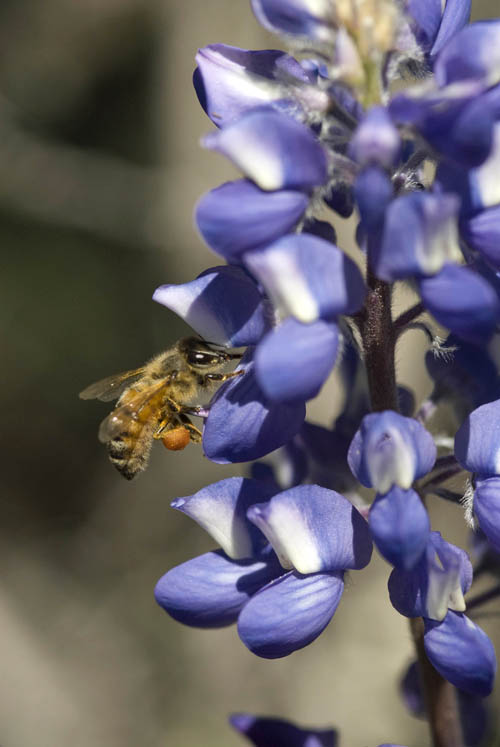
Women everywhere will relate to her. She is born, and sets to work. After three weeks in the hive conducting a very specific set of chores, she is launched into gathering, gathering, gathering. And after only a week to three weeks of this intense activity, her wings and body are so damaged from the wear and tear she simply dies of exhaustion, alone, selflessly not wanting to leave her sister bees to have to rid the hive of her spent body. Seriously. Does compassion ring in your soul?
Bee Facts
*There are an estimated 16,000 to 20,000 species of bees on planet Earth and only around seven of them make honey.
*Bees emerged over 100 million years ago, after dinosaurs and before humans, sychronistically when flowers showed up. Hmmm….
*The first bees were solitary animals. About 80 million years ago some of them began to band together.
*The first honey bees came to America in the early 17th century, when someone managed to get a hive to survive crossing the pond.
*The average honey bee flies up to sixty miles a day and will ultimately contribute one-twelfth of a teaspoon to the hive. (Gasp!)
Readers, I implore you. Buy this book. Then buy it for others. And teach your children every word. Every one. It would not be too dramatic to say that our very lives could depend on our understanding the honey bee, her role in assuring our food supply (I’m not talking about honey), and it would be one of the worst things we have ever done as human beings not to save her (and, OK, the drones). If I could I would write a huge long post trying to convey everything I learned in A Short History of the Honey Bee. Obviously it would be redundant and impossible. Just avail yourselves, please.
Here are some of the endearing images I encountered and will now cherish forever.
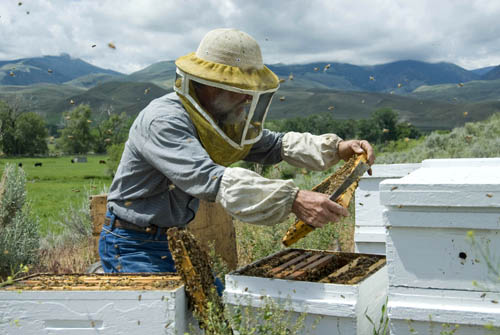
I am certain this is a really nice beekeeper as I spoke with the lovely photographer, Ilona, and she assured me the beekeepers they met in writing this book were conscientious and kind. As with so many trends in our gardener lives these days, we are truly returning and reclaiming our agricultural roots, growing and buying locally. So, too, must we consciously and lovingly begin to keep bees. Yes, you. If you are able, please explore. The author E. Readick-Henderson was lucky enough to have a father who one day brought home a hive and his son’s life was changed forever. Just as we are learning to create small vegetable gardens that make the excuse for pesticides moot, as we are able to fairly easily do our own pest control (by hand!), this return to simplicity, to small batches of everything, will ensure the return to the quality of lives we gave up when Industry came stomping through our fields and lives. The bee was no exception and quietly, these tiny generous, magnificent creatures are threatened to become extinct so busy have we been treating them like a commodity. They are one of the many gifts from the Universe (fill in your own word) and the old peoples of this Earth used to know that. Bees were regarded as sacred. Honey was immeasurably treasured. Where did we go so wrong? Love the bees. Love the bees. Love the bees.
Here’s an eye opener. Bees are wild, right? (Did you forget?) Here’s what they do if left to their own devices to build their own accomodations.

Why don’t we know this? Why were we not taught this in schools?
And here is one of the first structures ever built for bees to entice them to live nearer to us, thus alleviating the need to “line” (track) their hives, or stumble unwittingly upon them in forests. Messy.
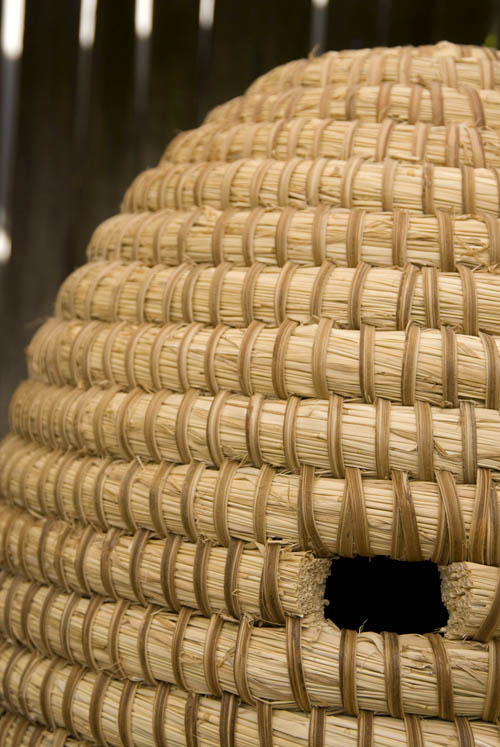
It’s called a skep. Some “undeveloped” (ha ha ha) countries still make them. Why am I guessing the bees are doing better in more rudimentary environs than in ours? The skep only lasts one season, btw. I want to make one!
Here is a wonderful photo from the book of a swarm! Have you ever seen one? I have not, and I want to learn more about them, as due to mass media hysteria (think Killer Bees) swarms are now highly misunderstood and often badly handled (as in killed). I know. This is a sad post. But I must let you know as so many of you are in a position to do something. You of all people, dear ones.
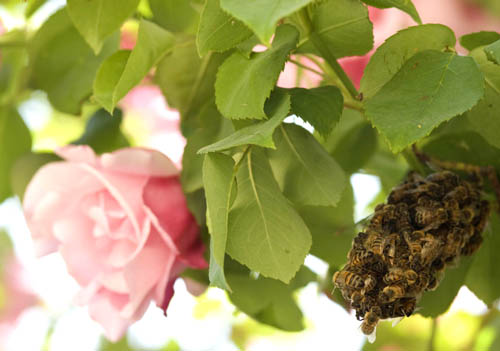
How beautiful is this search for a new home? Very.
A word about honey best comes from the mouth of E. Readicker-Henderson.
…honey is memory, the landscape’s own memory, as measured as a tree ring, as detailed as the pinfeathers of a just-fledged bird…Once you begin noticing these different tastes, colors, scents, and textures of honey, the landscape becomes more and more alive, personalized in a way previously inaccessible, like a whispered secret.
Oh, yes, dear readers. You will learn about the honey bee from a poet and an artist. What better way?
I leave you with this image of a beekeeper lovingly tending his hives, preparing them for winter. As you contemplate this lovely image, I am asking you to pray from the bottom of your hearts for all honey bees everywhere, to educate yourselves and to play some small or large part in their well being. Thank you.

Love and sweetest blessings,
Kathryn xoxo
Footnote: One of my readers read this post and sent me an article from Martha Stewart Living published last year. I was alerted to something that heretofore I had not realized: that because of the decline in beekeepers generally the (artificial) workload has been placed upon existing bees. This entails artificially rousing them from their dormancy period in order to ship them to (yet another) location to work a particular industry (almonds, etc.). Once finished they are shipped to yet another location for the next crop. Is it any wonder they have no resistance to disease? This practice is inhumane and needs to be banned. Anyone with me?
Posted on May 31st, 2009 by Kathryn
Filed under: Book Notes
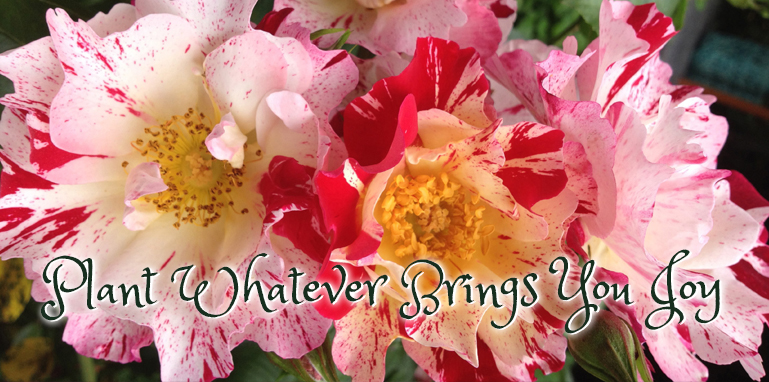
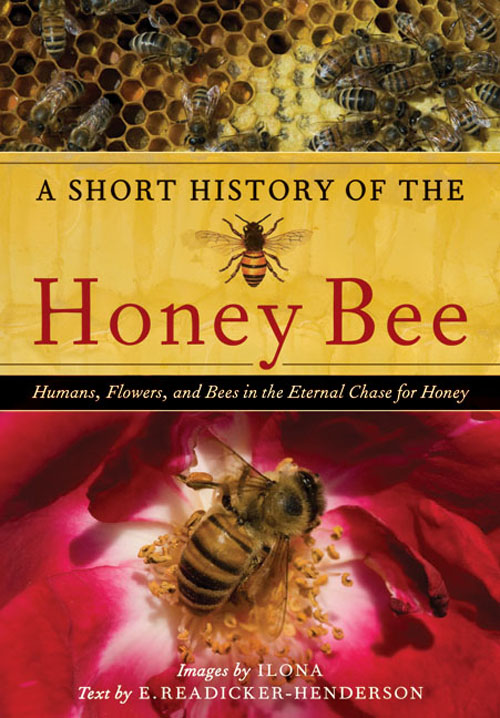

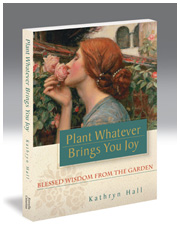




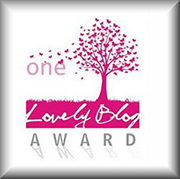


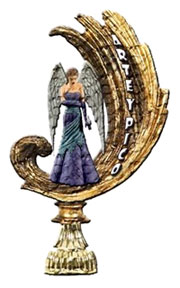
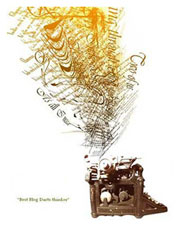
What a truly special and Gorgeous post, mom!
Beautiful! Beautiful! Thank you so much for sharing with us and for reminding us of the importance of our dear bees. Isn’t it Amazing what they create left to their own devices! Magnificent creatures!
Love you,
Antonia
xoxox
Hi, Antonia! Thank you. Yes, they are the most amazing of creatures. The more I learn the more admiration and awe and wonder and love I feel for them. And I probably have just scratched the surface. Thanks for the visit and comment. Love, Mom xoxo
I really cried at this post. So beautiful, inspiring, heartfelt. I too love the honeybee and hope to one day have my own hive. I’m sure it will be a wonderful blessing when I do. I’m going to have to read this book!
Hi, Kimberly, I think tears are a very appropriate response to the plight of the honey bee. i cried writing this post! I am so happy to hear you have plans for a hive. Send me a link when you get one, please! And you will love the book. Thanks for visiting. Kathryn xoxo
Alert! Kathryn Hall is infected by bees and is now infecting everyone around her!
Beautiful post Kathryn. And thanks especially for the photos. I have only ever been around uninhabited hives and so appreciated the close-up looks.
Hi, Dick! lol! Oh, I do hope! Thank you for your kind words and for the visit! Glad you liked Ilona’s photos. The book is rich with them! Kathryn xoxo
This sounds like a wonderful wonderful book. I truly love the honey bee and delight in their buzzing throughout my garden. I’ve followed news of their demise with a heavy heavy heart and with hope. I’ll definitely check the book out.
Kathryn,
Thank you for such a lovely post. I am very pleased you liked the book. A portion of the profits from this book will be donated to the Foundation for the Preservation of the Honey Bees so myself and the winged ones thank those that enjoy the book.
Good morning, Green Bean! I resonate with that heavy heart. We must do more than hope. We must spread the word and take whatever actions we can. I promise to post more on this as I become even more educated. I’m not done! 🙂 Thanks for the visit. Kathryn xoxo
Welcome, dear Ilona! Thank you so much for bringing the donation aspect of the book to the attention of my readers. It was generous and loving of you to make that arrangement. Here is the link: http://www.honeybeepreservation.org/ Kathryn xoxo
Hi Kathryn. What a timely post – I have been drip feeding Himself the idea of a bee hive in the copse at the top of the garden for some time now – he’s not going for it …yet! plus I was listening to a newspiece on Radio 4 this morning about bring back some short-haired bees from New Zealand to repopulate in the UK.
I love bees and am off to town to find the book. I WILL convert Himself! 🙂
Oh, Liz, this gave me such a good giggle! You could get the book and read him nighttime stories! It’s such a worthy read for the literary value as well as the pragmatics. I am looking forward to hearing from you that you do, indeed, have a hive at the top of the garden! I know they would be in good hands! Kathryn xoxo
Dear Kathryn ~ count me in for passionate love for the awesome honey bee (and honey)!
I will, indeed, dear Joey, count you in. I could have anticipated that your garden is a beautiful, safe refuge for honey bees! (And that you would have a deep appreciation for honey!) Hugs! Kathryn xoxo
Hi Kathryn!
What a beautiful post.
So many things to love in your post, not to mention the honeybee itself! I love watching them in my garden. San Francisco has a thriving bee keeping community. Right here in the city!
http://www.sfbee.org/beekeeping.html
Evidentially the honey tastes different depending where in the city the bees have gathered nectar:
“… the honey that bees make in each area has a taste different from that of another – although “multiflora” is the predominant type of honey produced in San Francisco.
“Bees gather the tastes that are a product of that particular neighborhood at that time of the season,” says Robert MacKimmie, president of the beekeepers association. “Spring honey is very floral, and fall honeys are spicy and full flavored because of plants like fennel, rosemary and lavender.”
Something about that reminds me of the poem you shared by E. Readicker-Henderson.
I just loved your post Kathryn!
Warm regards,
Philip
PS: I want to make a skep,too!
🙂
Philip
Hi, Philip! I loved your postscript! We should both make our skeps and then do a mutual post! How fun would that be? Maybe we can get a bunch of our gardening friends to make them and do a multi-post!
(Then we could SEND them somewhere, right?) 🙂 lol! I’m glad you liked this post. It’s very special to me, too. And I’m SOOO glad you included the link to the SF Beekeepers org. Wonderful! And, yes, to different tastes from different parts of the city. I read in this book that bees only like to carry a single kind of pollen at a time, suggesting that different pollens maybe don’t pack down well together, but I bet it’s something else. (Intuition says they have a very specific purpose in keeping to one flower gathering at a time.) But, then they must mix them up at home. This made me want to plant MORE of a given plant to help them out. Always plenty of poppies and lavender and roses, though…I can’t wait to learn more! Thanks for visiting! Glad I got to share this with you. Kathryn xoox
Hi, Philip! I loved your postscript! We should both make our skeps and then do a mutual post! How fun would that be? Maybe we can get a bunch of our gardening friends to make them and do a multi-post! (Then we could SEND them somewhere, right?) 🙂 lol! I’m glad you liked this post. It’s very special to me, too. And I’m SOOO glad you included the link to the SF Beekeepers org. Wonderful! And, yes, to different tastes from different parts of the city. I read in this book that bees only like to carry a single kind of pollen at a time, suggesting that different pollens maybe don’t pack down well together, but I bet it’s something else. (Intuition says they have a very specific purpose in keeping to one flower gathering at a time.) But, then they must mix them up at home. This made me want to plant MORE of a given plant to help them out. Always plenty of poppies and lavender and roses, though…I can’t wait to learn more! Thanks for visiting! Glad I got to share this with you. Kathryn xoox
A beautiful post about a welcome visitor to my garden. 🙂
Good evening, Racquel! I’m so glad you enjoyed the post–and love bees, too! Kathryn xoxo
This is so excellent and touching. I want to post something on my blog (Greenmama) about bees…ok if I include a link to your post?
Good morning, Theresa! Absolutely! I would be honored. Thank you so much! Kathryn xox
Beautiful post Kathryn! Thank you for reminding us of the importance of bees. Btw I’m also a bumble bee fan and we have lots of them here in Bodega Bay.
Hi, Kathlene! I’m glad you are a bumble bee fan. Aren’t they adorable? I know less about them than I do honey bees, but I did have a hive of them in a rock wall in my garden in NC. That was a first! Kathryn xoxo
This is a great post. Even many gardeners don’t accord bees the respect and gratitude they are due. Without pollination we are nowhere. We need all the pollinators. We kept bees for a while, but I suddenly developed a bad allergy to stings, and the bees had to go. We support all our local beekeepers and love local honey.
Good morning, commonweeder, and thank you! I’m sorry to hear you have an allergic reaction to bee stings. Ouch! That would be a big hazard and deterrent. Sounds like you really do understand their importance and support them. Good to hear! Keep spreading the word! Kathryn xoxo
I’m one of the people who had a bad childhood experience with bees (my hair was long and thick… the experience involved 13 bees), and yet, in adulthood, I’ve developed a deep appreciation for bees. I love the sound of them humming in my lavender, and stood transfixed watching a few enjoying hebe flowers the other day. It upsets me to hear of their decline, and the diseases that are recently decimating the bee population. It was lovely to see this post. I don’t think I’m ready to start a beehive, but I am willing to offer them pesticide-free flowers from which to gather pollen.
Hi, Imelda, Your comment brings tears to my eyes. For every person who is willing to stand up for bees the bees have a better chance of survival. Thank you for giving them a safe place to be. Hugs. Kathryn xoxo
I’m a new reader of your site. Awesome article by the way, I shared your article with my followers 🙂
Hi, Lucy and welcome. Many thanks. Hope you enjoy the posts! Kathryn xoxo
Kathryn,
I enjoyed reading your passionate post about bees
I have been interested in bees because my son in law has bee hives. your post was different from the you tube I watch.
I look forward to reading more from you.
Hi, Gena and welcome! Thank you! I’m glad you enjoyed the post. I particularly liked this book. Kathryn xoxo